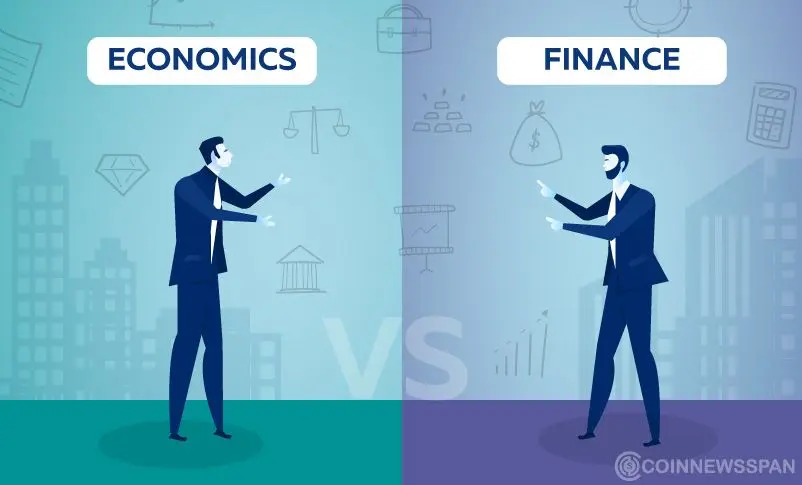Finance Vs Economics – What’s the Difference?
If you’re considering a career in finance, you should first understand the difference between finance and economics. Both are related and useful, but they are quite different. Finance involves the management of money, whereas economics deals with human behavior. Economists study the relationship between availability and demand and the alternative uses of scarce resources. When you study economics, you’ll understand how firms work in the real world. When you have a good understanding of both, you can choose a career in either field.
Microeconomics focuses on individual households and businesses, while macroeconomics focuses on collective economy behavior. Both fields require critical thinking and analytical skills. Microeconomics deals with individual decisions while macroeconomics examines trends in national income, GDP, unemployment, and inflation. Both fields are important because they help us understand market behavior and how policy changes affect it. As you can see, each branch has its own benefits and weaknesses. You can apply these theories to any type of economy, from individuals to large corporations to economies.
Despite the similarities, there are several significant differences between the fields of economics and finance. For one, economists understand the movement of money in the economy, while those in finance analyze how changes in monetary policy affect individual households and businesses. They deal with both the macro and micro level, and they both aim to maximize profits. Finance and economics are closely related fields that will be discussed in depth in this article. If you’re not sure, start by learning the differences between finance and economics. You can then make a more informed decision about which one to pursue.
While economics is a branch of economics, finance is the study of money. Besides studying the creation of money, it also studies aspects of banking and credit. It also studies assets and liabilities and is divided into public, corporate, and personal finance. The three main areas of finance study money and its relationships. There are many subfields of finance, each with different goals and purposes. And each branch is critical to different types of organizations.
Both finance and economics focus on human behaviour and markets in different countries. While economics focuses more on the theory of economics, finance focuses more on financial theory. This way, you can build a strong foundation for the field of finance and still be able to apply your knowledge in different areas. A double major in finance and economics allows you to reap the benefits of both fields. So, which is better? Consider all the pros and cons of each and decide which one suits you best. Hope you enjoy reading this article! It was helpful to clarify this important issue.
While both fields deal with the management of money, there are significant differences between finance and economics. Generally, finance focuses on money-flow and economics focuses on financial systems, banking institutions, and policies. Both study how money is created, saved, and spent. You might even choose to pursue a career in both. And, depending on what field you choose, they can be complementary. If you’re thinking about a career in either field, you’ll be well-equipped to choose which path is right for you.












